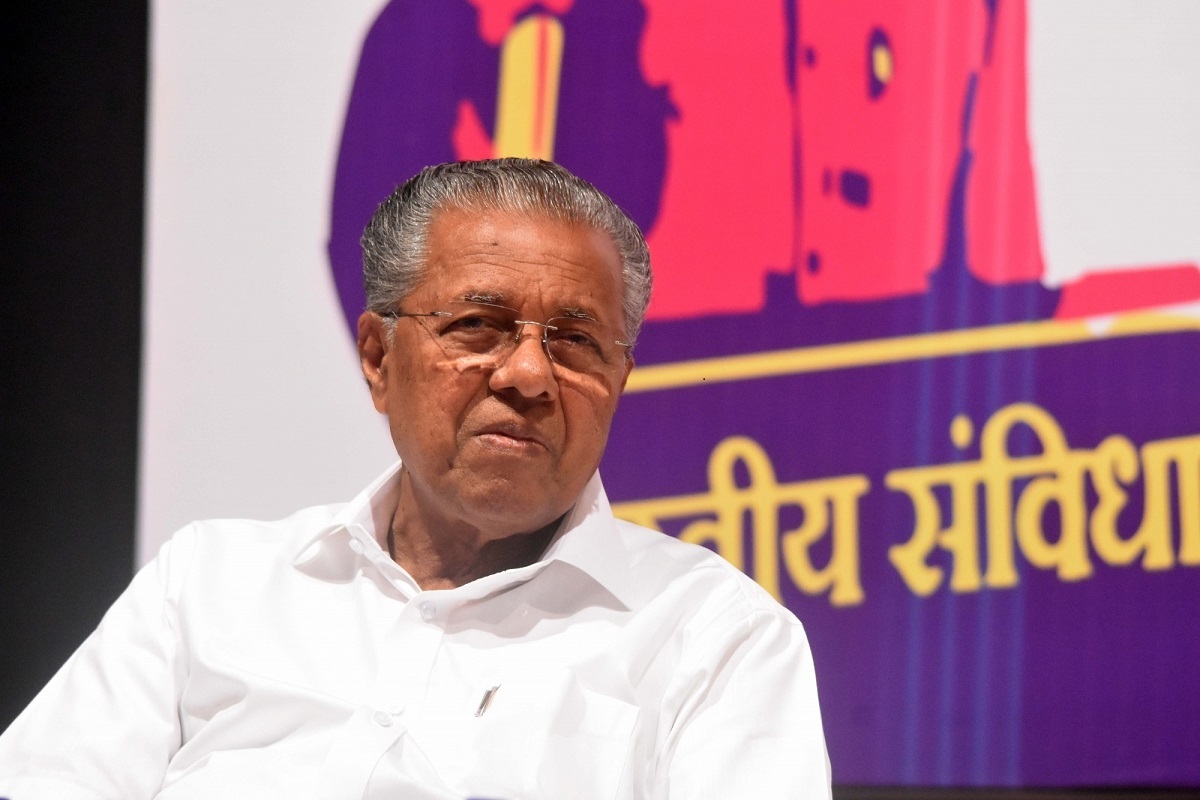It is not often that the CPI-M can be complimented but it deserves at least one cheer for prevailing upon its powerful chief minister, Pinarayi Vijayan of Kerala, to announce he would “not implement for now” the state government ordinance signed into law by the Governor which both the Opposition and critics within assert curbs the freedom of expression.
The Left Democratic Front (LDF) administration had last week amended the Kerala Police Act which stipulated either imprisonment for up to five years or a fine of up to Rs 10,000 or both for those who produce, publish or disseminate content through any means of communication with an intention to intimidate, insult or defame any person through social media. But why only one cheer and not the full three?
Advertisement
First, because despite the CPI-M general secretary reportedly speaking to Vijayan he refused to withdraw the ordinance, only agreeing to issue a statement saying it would not be implemented for now and would be discussed in the next session of the state Assembly before any steps are taken.
Second and more important, because the CPI-M, in common with all other political parties functioning in India, seeks to support and promote only group rights via legislation – whether premised on ideological affinity, class, caste, gender, religion or any other. This virtue signalling gives them a get-out-ofjail card despite failing abysmally to implement the law of the land, i.e. the Indian Penal Code.
To that extent, the Chief Minister’s justification for the ordinance had some merit – that the government has the responsibility of upholding a citizen’s individual freedom and his/her dignity, as enshrined in the Constitution.
“The popular idea that one’s freedom ends where the other’s nose begins needs to be respected. However, there have been instances of this idea being repeatedly violated via defamatory allegations on social media,” Vijayan said.
Yet, it’s not the job of the State to give unbridled powers to an ill-equipped constabulary to prevent cyberattacks targeting individuals even when they are ruinous to the target’s professional, social, familial or private life. It is true that the Supreme Court has repealed section 66-A of the IT Act and Section 118 (d) of the Kerala Police Act on the grounds that these were against freedom of expression, while the Centre has not introduced any other legal framework.
“In this scenario, the police are unable to deal effectively with crimes committed through social media to tarnish the image of individuals,” Vijayan pointed out. Excellent in theory but in practice this would amount to enabling the not-so-friendly neighbourhood cop to file criminal charges against citizens by interpreting any kind of communication as possibly defamatory which police expressly do not have the domain knowledge to do.
Under the amended law, police can file charges against any “person of interest” or take suo motu action apart from framing criminal charges based on the complaint of a victim of social media harassment/defamation if the allegation is of “injury to the mind”. The potential for misuse is mindboggling.











